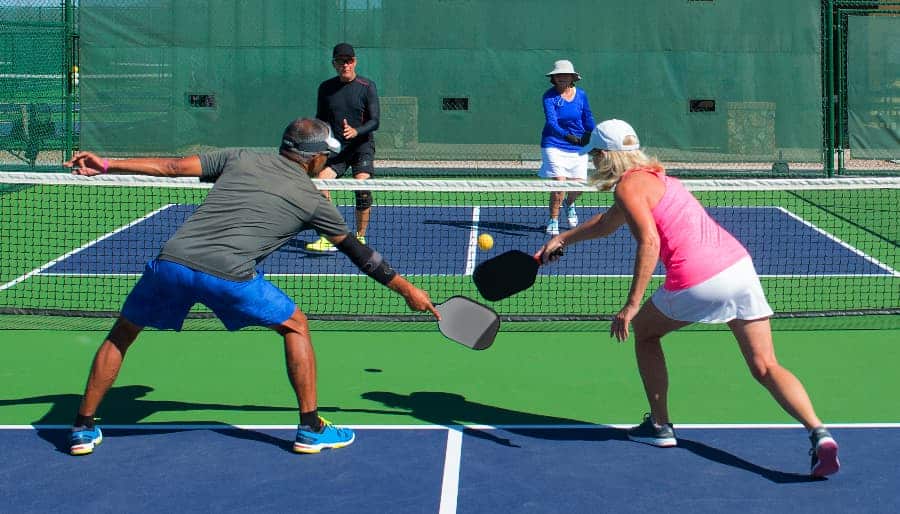
PCL Tear Treatment in Hoover and Birmingham, Serving Central Alabama
The posterior cruciate ligament, or PCL, is one of the most important connective tissues in the knee. If it becomes injured or torn, the resulting pain may severely limit a person’s comfort and mobility. Medical attention is necessary to help patients return to the activities they love.
Located in Hoover and Birmingham-Grandview, AL, Southlake Orthopaedics provides complete orthopedic care to patients throughout central Alabama. Learn more about how we support patients at every stage from diagnosis to surgery and rehabilitation, so they can experience less pain, more living.




